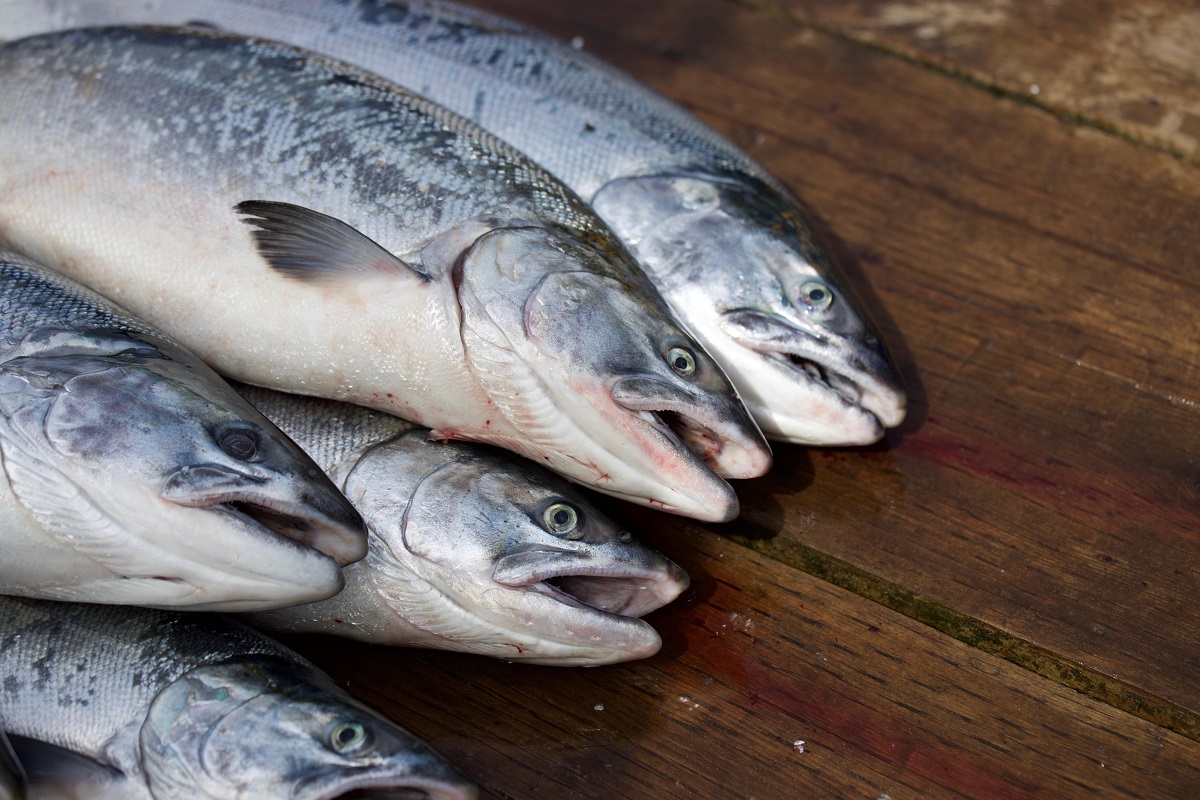
Aquaculture, which involves farming aquatic animals and/or plants in the oceans or freshwater, is one of the fastest growing food-producing sectors and currently contributes over 40% of world fish supplies. The benefits of this development are real and visible, both for producing countries and for consumers in the form of lower prices and access to healthy sources of fatty acids.
Growing concern over the environmental impact of aquaculture, however, has prompted a search for a governance framework that can guarantee sustainability – that is, a financially viable aquaculture industry in which the environmental damage is minimised.
Jointly implemented by the Scottish Association for Marine Science (SAMS), Newcastle University, the Tyndall Centre for Climate Change at the University of Manchester, and NRI, the DIVERSEAFOOD project aimed to evaluate the potential of aquaculture diversification to improve nutrition and ecosystem sustainability in the UK. This type of aquaculture diversification is known as ‘integrated multi-trophic aquaculture’ (IMTA) which uses the by-products (including waste) from one aquatic species as inputs for another, for example as fertilisers or food. The idea is to create balanced systems that are more environmentally sustainable, economically stable and more socially acceptable. Using salmon farming in Scotland as a case study, NRI’s Dr Pamela Katic and Dr Andrea Gatto developed a suite of research activities to understand a range of sustainability features of aquaculture.
In a subsequent phase, the project used a survey-based approach to evaluate public attitudes towards the environmental performance of aquaculture, with 1,800 respondents from all regions of Scotland. The survey first sought to shed light on how aware people are of aquaculture development and their opinions regarding the environmental, socioeconomic and nutritional impacts of aquaculture. They also investigated whether different types of aquaculture systems were perceived differently, in particular whether respondents supported or opposed the development of IMTA in Scotland. The results indicate that public attitudes towards the future of the salmon farming industry are influenced by the importance people attach to the beneficial effects of industry expansion (i.e. job creation, etc.) as opposed to the perceived negative effects associated with environmental degradation. A further important aspect of the research relates to the observed regional differences in public attitudes towards salmon farming. Knowledge of such differences may be useful for policy purposes, particularly area and site selection, and in research terms it is also important to try to explain why some communities may be more favourably disposed to aquaculture development than others. To this end, the team looked at both attribute variables (i.e. those specific to the respondent) and context variables (principally, the characteristics of the area where people live.) The results broadly show that people in areas with higher levels of income deprivation and unemployment place a relatively higher priority on the benefits that salmon farming could bring in terms of regional development and community cohesion – specifically through its ability to support employment and incomes, compared to those living in areas of relative affluence.
DIVERSEAFOOD was funded through the Global Food Security’s ‘Resilience of the UK Food System Programme’ with support from BBSRC, ESRC, NERC and Scottish Government.

